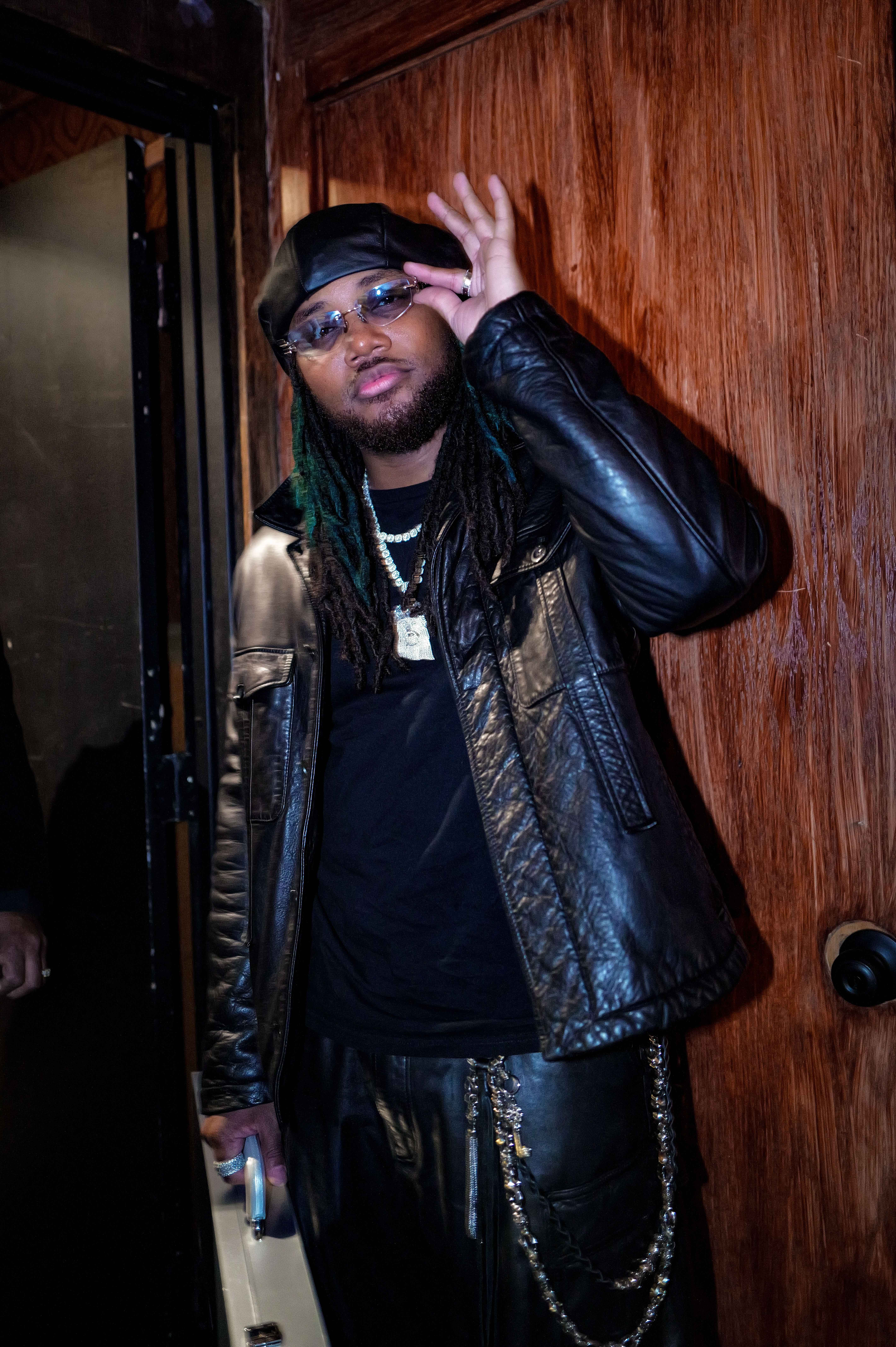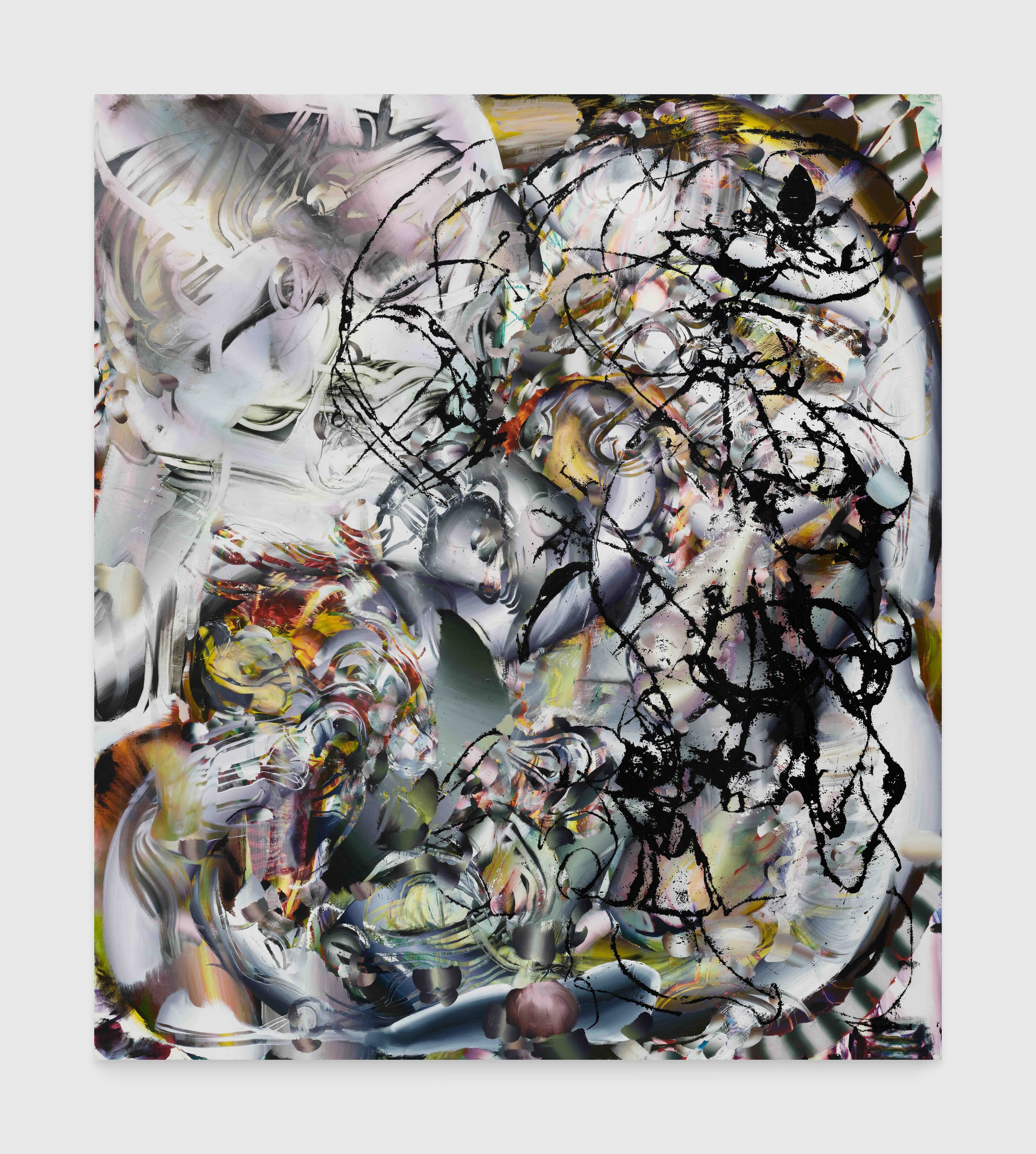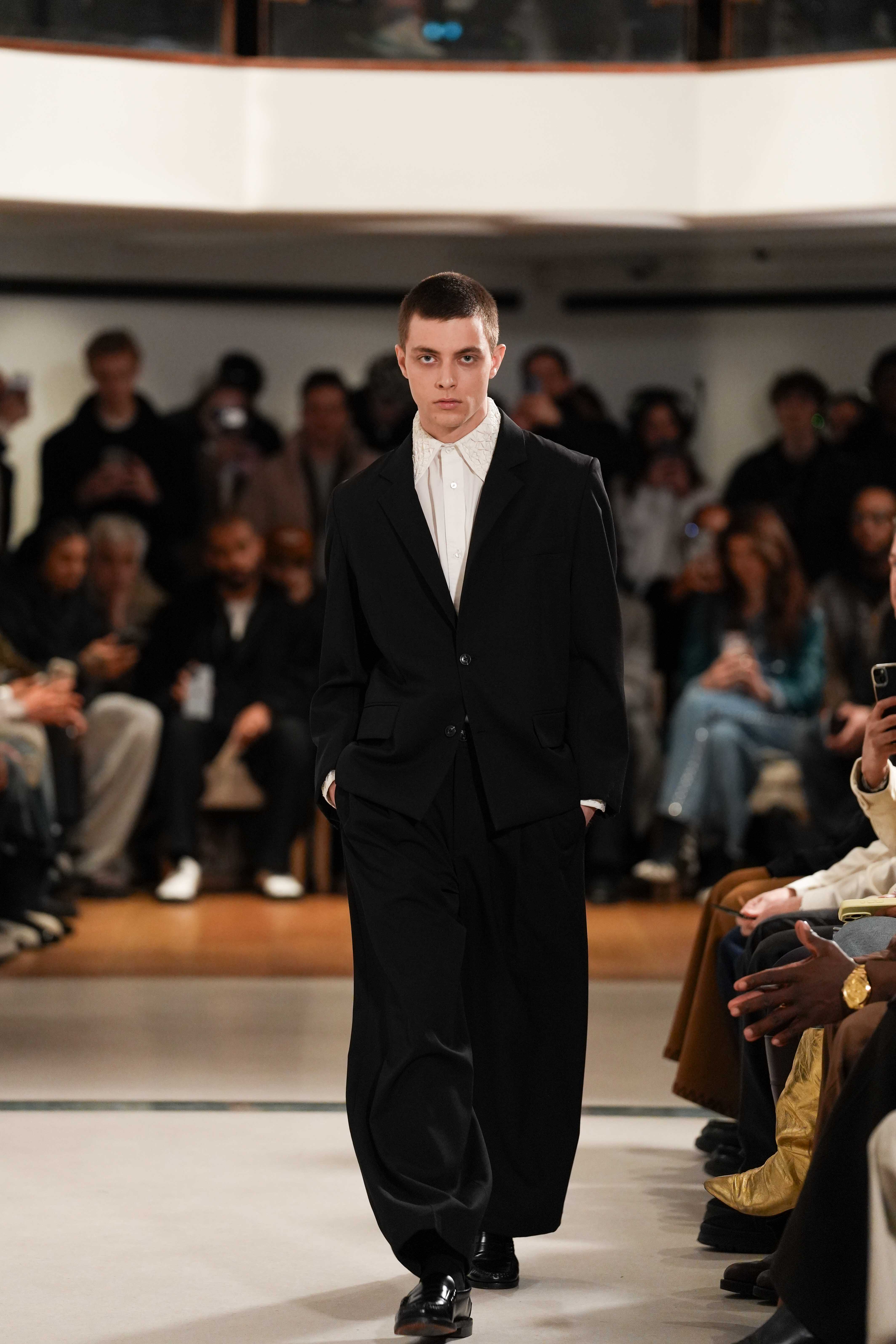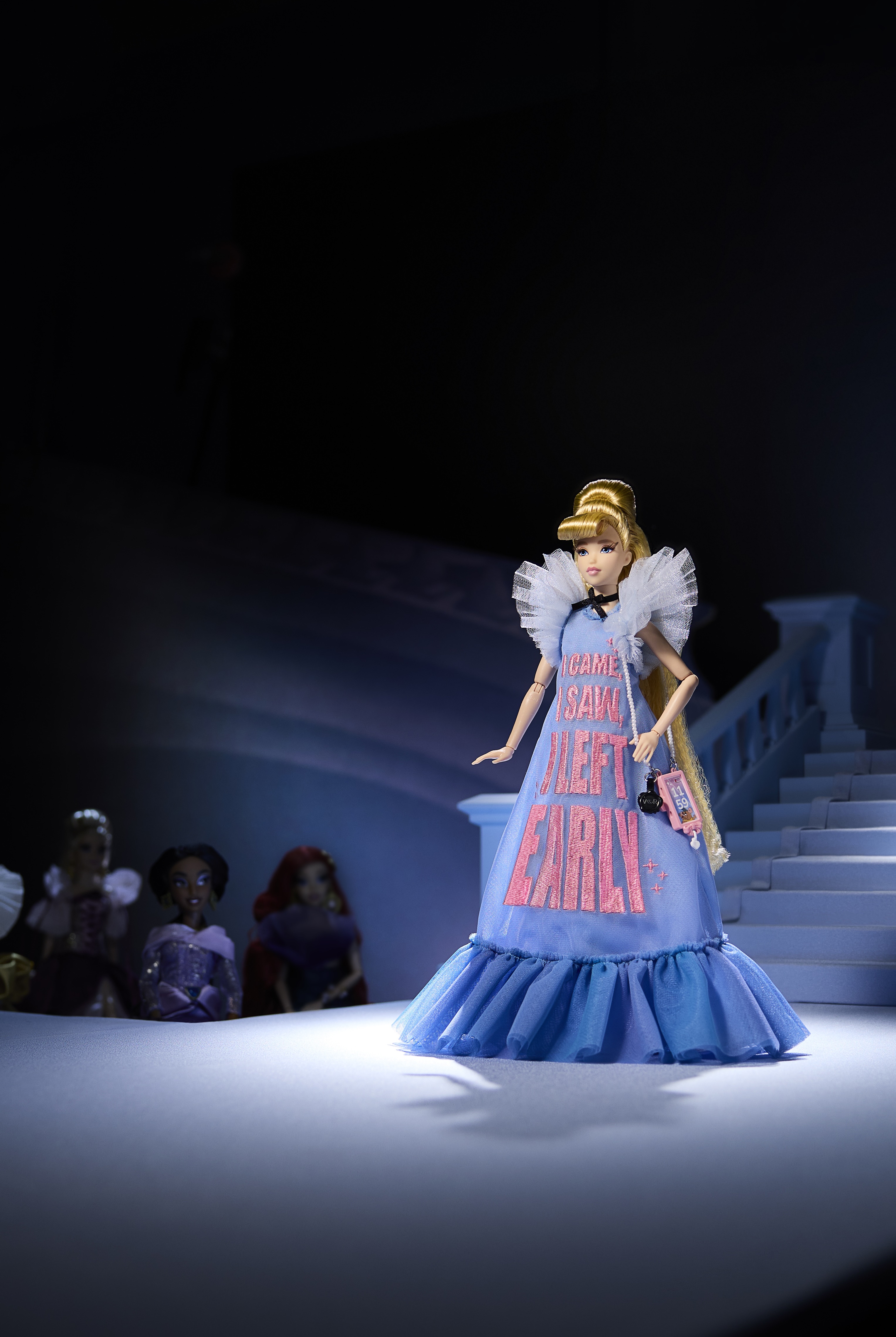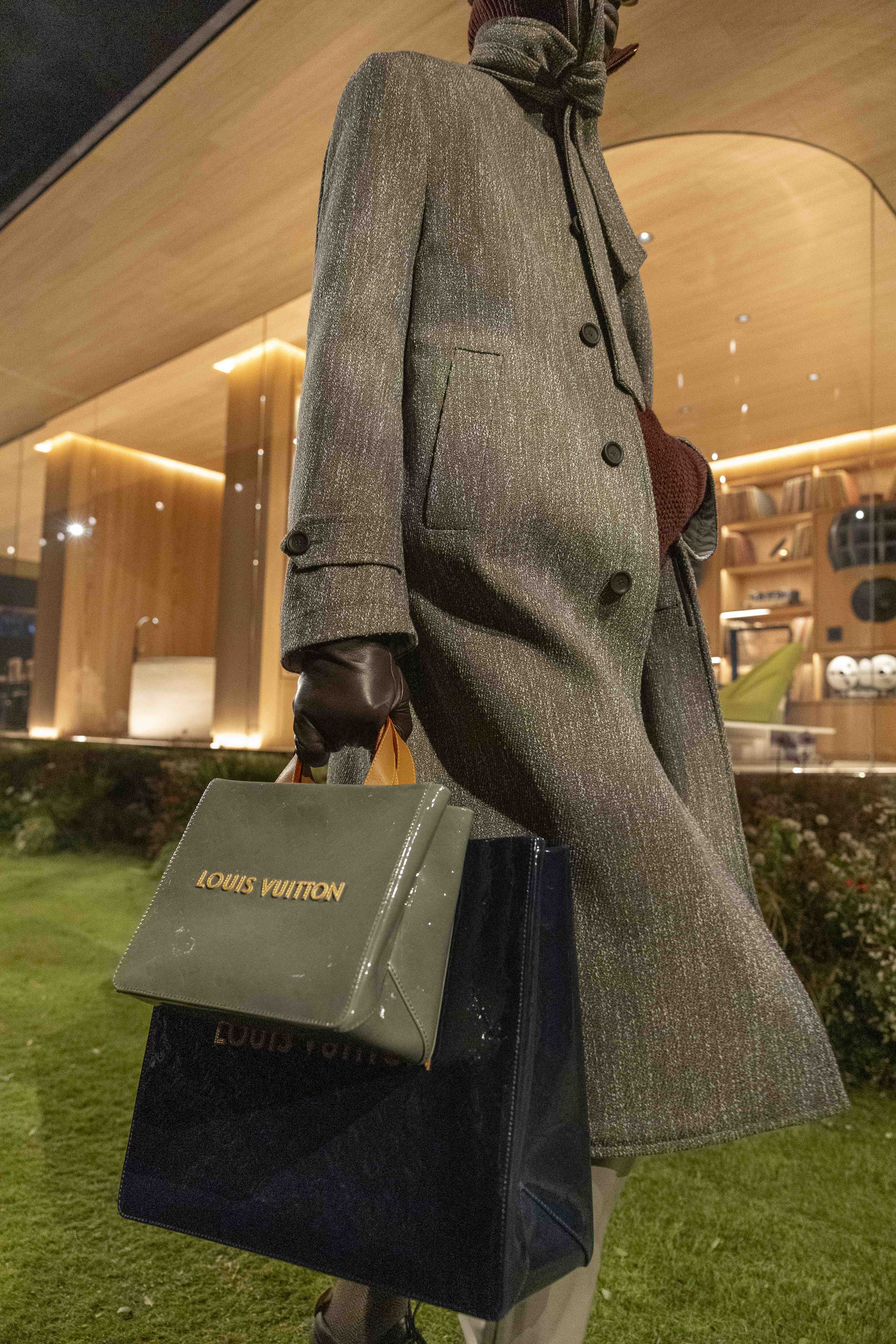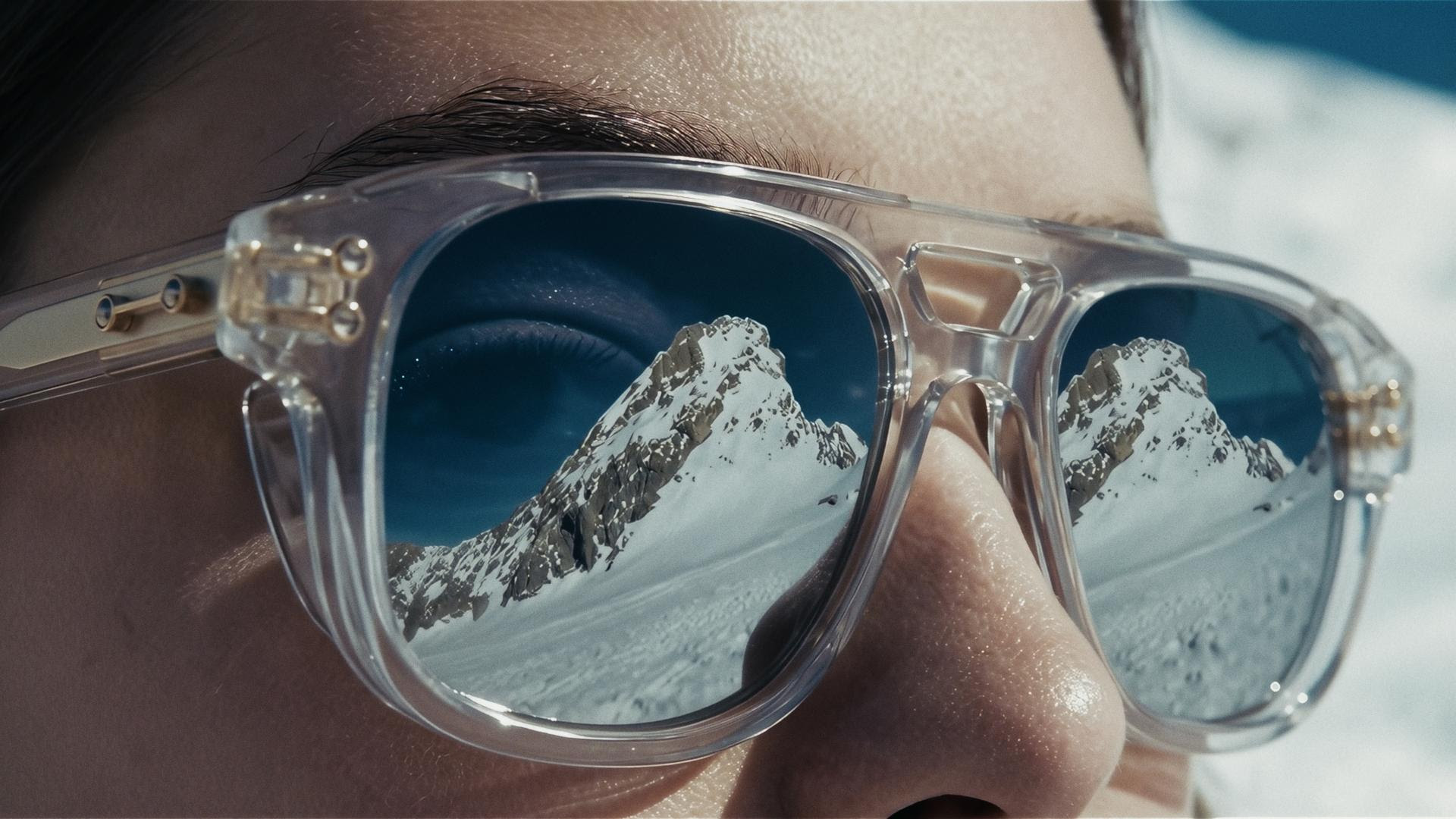

_A conversation with the director behind one of the most anticipated documentaries of the year on forging a path forward through opposition to save the planet._
----------------------------------------------------------------------------------------------------------------------------------------------------------------
As we look towards ushering in 2017, it’s perhaps salient to note that we are living on a planet that may not be able to sustain our lifestyles for too much longer. With the oceans rising at such a rate that they are expected, by the most conservative estimates, to rise four or five feet by the end of the century; the industrial meat industry pumping methane into the atmosphere incessantly (modern agriculture is responsible for approximately 15 per cent of all CO2 emissions); and the rise in global temperature from massive deforestation and the burning of fossil fuels placing approximately a third of all plant and animal species at increased risk of extinction, many scientists argue that we’ve already gone a long way past the tipping point.
Inconvertibly, this year is going down in history as the hottest year on record, and despite The Paris Accord’s much feted agreement to keep heat-trapping emissions below 2°C this century, many scientists are now saying we should soberly prepare to adapt to a world that is going to be 3/4°C hotter within the next half century. If the world should become just a few degrees higher than that in temperature, then much of it is going to be uninhabitable, period.
It is against this unfolding apocalyptic backdrop that Liberatum has produced the documentary _In This Climate_, featuring emotional pleas and terrifying statistics from a veritable roll call of activists, celebrities and experts, including Sir David Attenborough, Cher, Dame Vivienne Westwood, Mark Ruffalo and Michel Comte. We caught up with the film’s Creative Director Tomas Auksas, to find out why he still has hope for radical change in the face of seemingly impending doom.
**Was there a single defining moment for you when you acutely realized you had to do something to raise awareness of climate change?**
Yes. When I met people that have been directly affected by climate change in West Bengal, India. Hearing about it is one thing, but personally seeing the damage that changed lives made me understand that this is something that is already happening and very real.
**What do you think of Donald Trump’s assertion that climate change is a hoax?**
Trump has been quite outspoken of having no plans for combating climate change. That alone should be galvanizing a movement. In fact, maybe it’s better than some politician sweeping it all under the rug and keeping everyone calm under false pretenses. America has polluted the world more than any other country in recorded history. The world should stop looking to the US as a great leader–we have more to learn from Native Americans and their teachings, or even from Indian villagers.
**Do you have hope for the future?**
Yes. There is actually more hope now than before, because people are becoming more aware and the spirit of activism is high. We don’t want to be fed lies anymore. We are much more aware of propaganda now. Social media has helped organise many protests around the world that brought people together. Challenges will always present themselves but young people, especially, are deeply committed to getting the truth out in the open. You will see more examples in coming years, such as the NDPL protests, which signified many issues that are related to one another.
**Is it your hope that In This Climate will bring people together?**
The film aims to focus on giving power to ordinary people to make a change. We have reached the tipping point and we can’t let people think that their small part of contribution is just a drop in the ocean. Earth has lost half of its wildlife in the past 40 years. Making this film has brought out many emotions in me. I leaned many facts and statistics that might scare you but we can’t give in. We must fight. What we are experiencing today is from carbon emissions from 20 years ago. What we do today will inflict on us in the next 20 years, possibly sooner. It’s important to be conscious of our actions today.
**Do you agree with David Attenborough’s assertion in the film that there are simply far too many people on Earth?**
There might well be too many people to live and survive in this economy without polluting the earth but I don’t think we would worry about the human population if we had a sustainable solution. We need electricity in our homes, and everyone wants to drive car, or just to have the ability of travel, so demand will only grow, but there are ways to move towards sustainable solutions.
**Why did you feel it important to include so many celebrity voices in the film?**
Celebrities have a voice that can inspire many people. Climate Change might seem like a boring topic for a film to many people. But having acclaimed artists voicing their views and concerns on climate change is likely provoke an interest, in those that would normally watch a show like The Kardashians.
* * *
Interview by John-Paul Pryor
 
_A conversation with the director behind one of the most anticipated documentaries of the year on forging a path forward through opposition to save the planet._
----------------------------------------------------------------------------------------------------------------------------------------------------------------
As we look towards ushering in 2017, it’s perhaps salient to note that we are living on a planet that may not be able to sustain our lifestyles for too much longer. With the oceans rising at such a rate that they are expected, by the most conservative estimates, to rise four or five feet by the end of the century; the industrial meat industry pumping methane into the atmosphere incessantly (modern agriculture is responsible for approximately 15 per cent of all CO2 emissions); and the rise in global temperature from massive deforestation and the burning of fossil fuels placing approximately a third of all plant and animal species at increased risk of extinction, many scientists argue that we’ve already gone a long way past the tipping point.
Inconvertibly, this year is going down in history as the hottest year on record, and despite The Paris Accord’s much feted agreement to keep heat-trapping emissions below 2°C this century, many scientists are now saying we should soberly prepare to adapt to a world that is going to be 3/4°C hotter within the next half century. If the world should become just a few degrees higher than that in temperature, then much of it is going to be uninhabitable, period.
It is against this unfolding apocalyptic backdrop that Liberatum has produced the documentary _In This Climate_, featuring emotional pleas and terrifying statistics from a veritable roll call of activists, celebrities and experts, including Sir David Attenborough, Cher, Dame Vivienne Westwood, Mark Ruffalo and Michel Comte. We caught up with the film’s Creative Director Tomas Auksas, to find out why he still has hope for radical change in the face of seemingly impending doom.
**Was there a single defining moment for you when you acutely realized you had to do something to raise awareness of climate change?**
Yes. When I met people that have been directly affected by climate change in West Bengal, India. Hearing about it is one thing, but personally seeing the damage that changed lives made me understand that this is something that is already happening and very real.
**What do you think of Donald Trump’s assertion that climate change is a hoax?**
Trump has been quite outspoken of having no plans for combating climate change. That alone should be galvanizing a movement. In fact, maybe it’s better than some politician sweeping it all under the rug and keeping everyone calm under false pretenses. America has polluted the world more than any other country in recorded history. The world should stop looking to the US as a great leader–we have more to learn from Native Americans and their teachings, or even from Indian villagers.
**Do you have hope for the future?**
Yes. There is actually more hope now than before, because people are becoming more aware and the spirit of activism is high. We don’t want to be fed lies anymore. We are much more aware of propaganda now. Social media has helped organise many protests around the world that brought people together. Challenges will always present themselves but young people, especially, are deeply committed to getting the truth out in the open. You will see more examples in coming years, such as the NDPL protests, which signified many issues that are related to one another.
**Is it your hope that In This Climate will bring people together?**
The film aims to focus on giving power to ordinary people to make a change. We have reached the tipping point and we can’t let people think that their small part of contribution is just a drop in the ocean. Earth has lost half of its wildlife in the past 40 years. Making this film has brought out many emotions in me. I leaned many facts and statistics that might scare you but we can’t give in. We must fight. What we are experiencing today is from carbon emissions from 20 years ago. What we do today will inflict on us in the next 20 years, possibly sooner. It’s important to be conscious of our actions today.
**Do you agree with David Attenborough’s assertion in the film that there are simply far too many people on Earth?**
There might well be too many people to live and survive in this economy without polluting the earth but I don’t think we would worry about the human population if we had a sustainable solution. We need electricity in our homes, and everyone wants to drive car, or just to have the ability of travel, so demand will only grow, but there are ways to move towards sustainable solutions.
**Why did you feel it important to include so many celebrity voices in the film?**
Celebrities have a voice that can inspire many people. Climate Change might seem like a boring topic for a film to many people. But having acclaimed artists voicing their views and concerns on climate change is likely provoke an interest, in those that would normally watch a show like The Kardashians.
* * *
Interview by John-Paul Pryor

_A conversation with the director behind one of the most anticipated documentaries of the year on forging a path forward through opposition to save the planet._
----------------------------------------------------------------------------------------------------------------------------------------------------------------
As we look towards ushering in 2017, it’s perhaps salient to note that we are living on a planet that may not be able to sustain our lifestyles for too much longer. With the oceans rising at such a rate that they are expected, by the most conservative estimates, to rise four or five feet by the end of the century; the industrial meat industry pumping methane into the atmosphere incessantly (modern agriculture is responsible for approximately 15 per cent of all CO2 emissions); and the rise in global temperature from massive deforestation and the burning of fossil fuels placing approximately a third of all plant and animal species at increased risk of extinction, many scientists argue that we’ve already gone a long way past the tipping point.
Inconvertibly, this year is going down in history as the hottest year on record, and despite The Paris Accord’s much feted agreement to keep heat-trapping emissions below 2°C this century, many scientists are now saying we should soberly prepare to adapt to a world that is going to be 3/4°C hotter within the next half century. If the world should become just a few degrees higher than that in temperature, then much of it is going to be uninhabitable, period.
It is against this unfolding apocalyptic backdrop that Liberatum has produced the documentary _In This Climate_, featuring emotional pleas and terrifying statistics from a veritable roll call of activists, celebrities and experts, including Sir David Attenborough, Cher, Dame Vivienne Westwood, Mark Ruffalo and Michel Comte. We caught up with the film’s Creative Director Tomas Auksas, to find out why he still has hope for radical change in the face of seemingly impending doom.
**Was there a single defining moment for you when you acutely realized you had to do something to raise awareness of climate change?**
Yes. When I met people that have been directly affected by climate change in West Bengal, India. Hearing about it is one thing, but personally seeing the damage that changed lives made me understand that this is something that is already happening and very real.
**What do you think of Donald Trump’s assertion that climate change is a hoax?**
Trump has been quite outspoken of having no plans for combating climate change. That alone should be galvanizing a movement. In fact, maybe it’s better than some politician sweeping it all under the rug and keeping everyone calm under false pretenses. America has polluted the world more than any other country in recorded history. The world should stop looking to the US as a great leader–we have more to learn from Native Americans and their teachings, or even from Indian villagers.
**Do you have hope for the future?**
Yes. There is actually more hope now than before, because people are becoming more aware and the spirit of activism is high. We don’t want to be fed lies anymore. We are much more aware of propaganda now. Social media has helped organise many protests around the world that brought people together. Challenges will always present themselves but young people, especially, are deeply committed to getting the truth out in the open. You will see more examples in coming years, such as the NDPL protests, which signified many issues that are related to one another.
**Is it your hope that In This Climate will bring people together?**
The film aims to focus on giving power to ordinary people to make a change. We have reached the tipping point and we can’t let people think that their small part of contribution is just a drop in the ocean. Earth has lost half of its wildlife in the past 40 years. Making this film has brought out many emotions in me. I leaned many facts and statistics that might scare you but we can’t give in. We must fight. What we are experiencing today is from carbon emissions from 20 years ago. What we do today will inflict on us in the next 20 years, possibly sooner. It’s important to be conscious of our actions today.
**Do you agree with David Attenborough’s assertion in the film that there are simply far too many people on Earth?**
There might well be too many people to live and survive in this economy without polluting the earth but I don’t think we would worry about the human population if we had a sustainable solution. We need electricity in our homes, and everyone wants to drive car, or just to have the ability of travel, so demand will only grow, but there are ways to move towards sustainable solutions.
**Why did you feel it important to include so many celebrity voices in the film?**
Celebrities have a voice that can inspire many people. Climate Change might seem like a boring topic for a film to many people. But having acclaimed artists voicing their views and concerns on climate change is likely provoke an interest, in those that would normally watch a show like The Kardashians.
* * *
Interview by John-Paul Pryor

